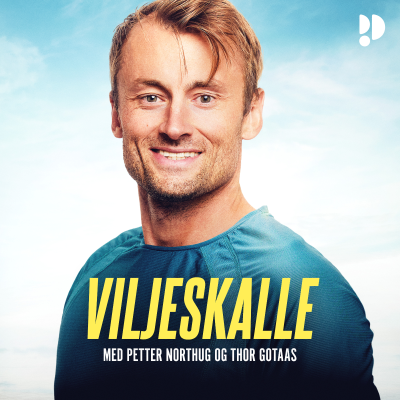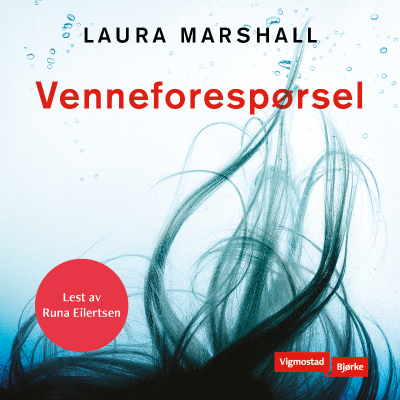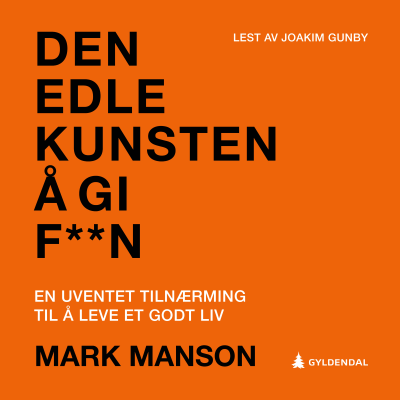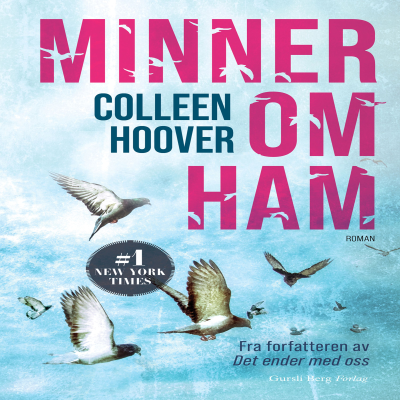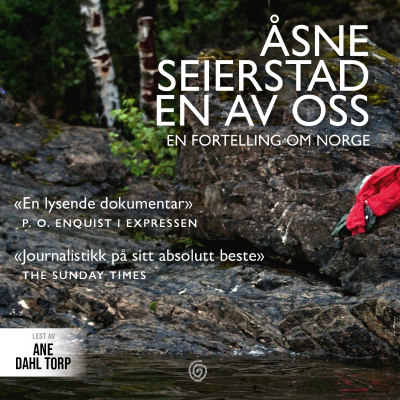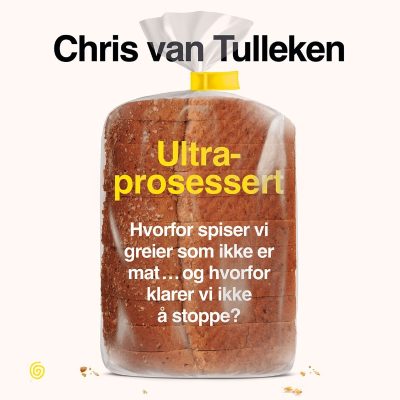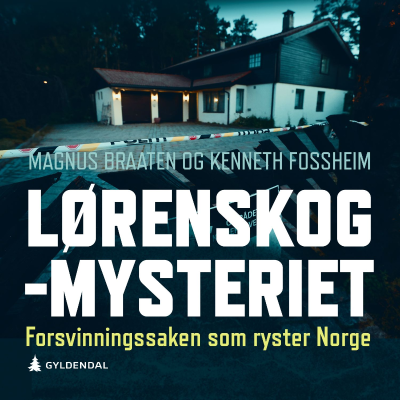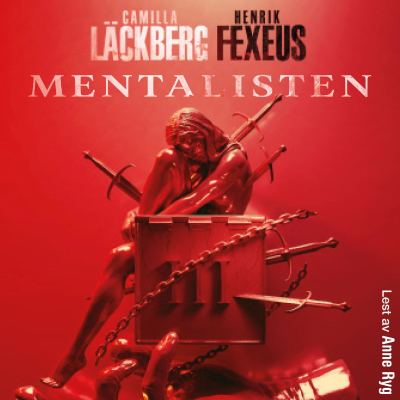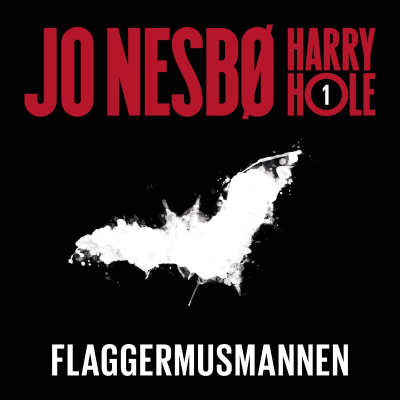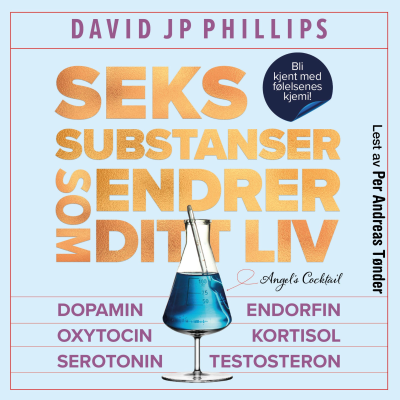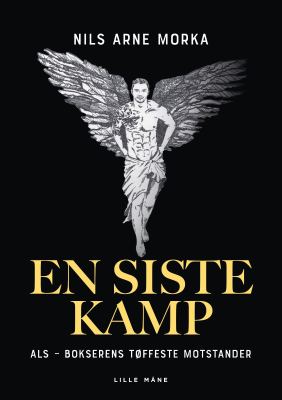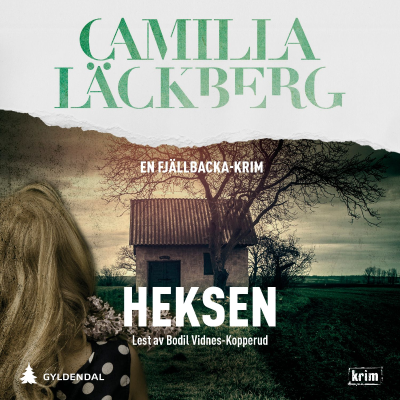
Very Bad Wizards
engelsk
Historie & religion
Prøv gratis i 14 dager
99 kr / Måned etter prøveperioden.Avslutt når som helst.
- 20 timer lydbøker i måneden
- Eksklusive podkaster
- Gratis podkaster
Les mer Very Bad Wizards
Very Bad Wizards is a podcast featuring a philosopher (Tamler Sommers) and a psychologist (David Pizarro), who share a love for ethics, pop culture, and cognitive science, and who have a marked inability to distinguish sacred from profane. Each podcast includes discussions of moral philosophy, recent work on moral psychology and neuroscience, and the overlap between the two.
Alle episoder
331 EpisoderEpisode 326: The Most Important Episode of Your (Academic) Life
Are you a college student or about to be one? Do you have friends or family in college? This is the most important episode of your life. David and Tamler do something a little different this episode and tier rank a wide range of academic fields from engineering to art history, computer science to women & gender studies. Step aside U.S. News and World Report, the new definitive rankings have just dropped. Plus, Dave reveals he's in the Epstein files, but do we buy his explanation? Have you always wanted to ask us a question but too cheap to spring for Patreon? Join us Saturday 2/21 at 6pm Eastern for our first ever reddit AUA on r/verybadwizards [https://reddit.com/r/verybadwizards] Final Tier List [https://s3.us-east-1.amazonaws.com/VeryBadWizards/Tier+List+Final+Rankings.png] [spoiler!]
Episode 325: It Is Happening Again
David and Tamler return to Mircea Eliade's The Sacred and Profane and discuss the chapter "Sacred Time and Myths." How does viewing time as circular give us a periodic window into the sacred? What does it mean to reactualize the creation of the universe in ritual and to view time as "starting anew"? How did Christianity radically change the experience of time by locating the incarnation of the sacred in the historical past? Plus, do you believe in conspiracy theories? A new study says you should think twice about putting them in your dating profiles. Green, R., Kamitz, L. C., Toribio-Flórez, D., Biddlestone, M., Gasking, F., Sutton, R. M., & Douglas, K. M. (2022). Conspiracy theories and online dating: It'sa (mis) match!. Personality and Social Psychology Bulletin, 01461672251399448. Eliade, M. (1959). The sacred and the profane: The nature of religion (Vol. 81). Houghton Mifflin Harcourt.
Episode 324: Irruption of the Sacred
David and Tamler consecrate their podcast with a discussion of "The Sacred and the Profane" by Mircea Eliade. We focus on the first chapter on sacred spaces, where the divine breaks through (or irrupts) our homogenous and chaotic reality, creating a center that gives us meaning and allows us to orient our lives. Plus speaking of the profane, a new study shows that cursing makes you stronger – but why in god's living fuck do they always end up spewing nonsense about the "underlying psychological mechanisms"? Stephens, R., Dowber, H., Richardson, C., & Washmuth, N. B. (2025). "Don't hold back": Swearing improves strength through state disinhibition. [https://psycnet.apa.org/fulltext/2027-01514-001.html] American Psychologist. Eliade, M. (1959). The sacred and the profane: The nature of religion (Vol. 81). Houghton Mifflin Harcourt.
Episode 323: Debate Me 'Phro
David and Tamler dive into Plato's Euthyphro, part of our intermittent Back 2 Basics series. A young cocksure priest, confident in his holiness, bumps into Socrates on his way to court to prosecute his father for a wrongful death. After a few rounds with Socrates on the nature of piety, he becomes a little less sure of himself. We talk about Plato's decision to set the dialogue in the days before Socrates' own trial, the famous Euthyphro dilemma, the seemingly little progress that's made in defining piety, and much more. Plus Oliver Sacks wrote books where the truth seemed stranger than fiction, but how much of what he wrote was really true? Oliver Sacks Put Himself Into His Case Studies. What Was the Cost? [https://www.newyorker.com/magazine/2025/12/15/oliver-sacks-put-himself-into-his-case-studies-what-was-the-cost] by Rachel Aviv [newyorker.com] Plato's Euthyphro [https://en.wikipedia.org/wiki/Euthyphro] [wikipedia.org] We are teaming up with givedirectly, and a whole bunch of podcasters to help families in Rwanda. While match funds last, your donation will be 1.5x matched, meaning every $100 donation will turn into $150 for families in need. Go to givedirectly.org/wizards [https://Your%20favorite%20podcasters%20are%20teaming%20up%20to%20send%20~$1,100%20via%20digital%20transfer%20to%20all%20700+%20families%20across%203%20villages%20in%20the%20Bikara%20region%20of%20Rwanda%20to%20spend%20and%20invest%20on%20what%20they%20need%20most.%20%20While%20match%20funds%20last,%20your%20donation%20will%20be%201.5x%20matched,%20meaning%20every%20$100%20donation%20will%20turn%20into%20$150%20for%20families%20in%20need.] if you find it in your heart to give a donation.
Episode 322: A Theater of Simultaneous Possibilities (William James' "The Stream of Thought")
David and Tamler return to William James' monumental "Principles of Psychology", this time wading through his famous chapter "The Stream of Thought." We talk about his rejection of empiricist theories of consciousness in favor of a view that consciousness is a continuous stream of thoughts, sensations, and emotions without any elements (atoms) that repeat or appear in other people's streams. We talk about how vividly James captures certain features of consciousness, like trying to recall a forgotten name, or the ways that the subjective per of two people differ radically in the same environment. And we debate the merits of James' methodology as well as his universalist ambitions. Plus, we discuss one of the early to mid-2000s papers, how seeing Batman on a subway makes you more altruistic because – wait, hold on, what, this study is from 2025?? Pagnini, F., Grosso, F., Cavalera, C., Poletti, V., Minazzi, G. A., Missoni, A., ... & Bertolotti, M. (2025). Unexpected events and prosocial behavior: the Batman effect. [https://www.nature.com/articles/s44184-025-00171-5.pdf] npj Mental Health Research, 4(1), 57. James, W. (1890). The principles of psychology. Chapter 9: "The Stream of Thought" [https://psychclassics.yorku.ca/James/Principles/prin9.htm] [free access to fulltext via psychclassics.yorku.ca] We are teaming up with givedirectly, and a whole bunch of podcasters to help families in Rwanda. While match funds last, your donation will be 1.5x matched, meaning every $100 donation will turn into $150 for families in need. Go to givedirectly.org/wizards [https://Your%20favorite%20podcasters%20are%20teaming%20up%20to%20send%20~$1,100%20via%20digital%20transfer%20to%20all%20700+%20families%20across%203%20villages%20in%20the%20Bikara%20region%20of%20Rwanda%20to%20spend%20and%20invest%20on%20what%20they%20need%20most.%20%20While%20match%20funds%20last,%20your%20donation%20will%20be%201.5x%20matched,%20meaning%20every%20$100%20donation%20will%20turn%20into%20$150%20for%20families%20in%20need.] if you find it in your heart to give a donation.
Velg abonnementet ditt
Premium
20 timer lydbøker
Eksklusive podkaster
Gratis podkaster
Avslutt når som helst
Prøv gratis i 14 dager
Deretter 99 kr / måned
Premium Plus
100 timer lydbøker
Eksklusive podkaster
Gratis podkaster
Avslutt når som helst
Prøv gratis i 14 dager
Deretter 169 kr / måned
Prøv gratis i 14 dager. 99 kr / Måned etter prøveperioden. Avslutt når som helst.




















